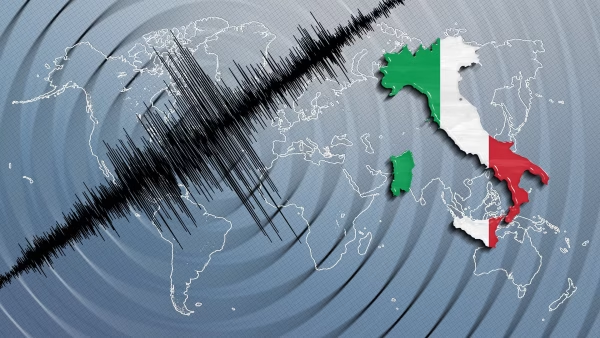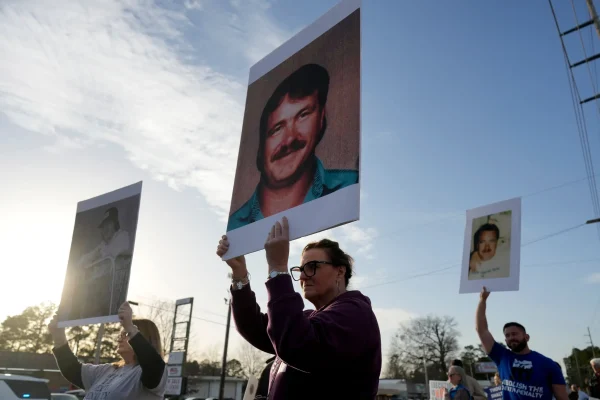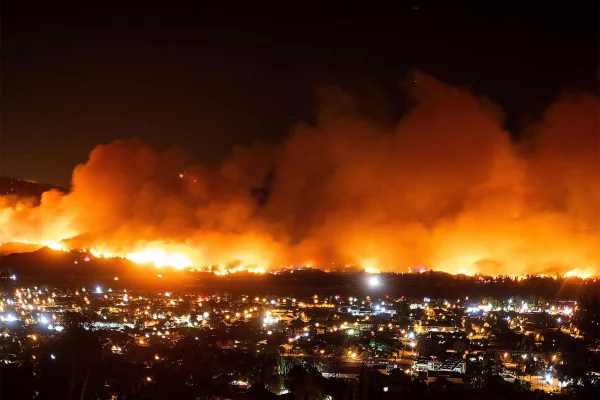Recent UN report warns of the impacts of climate change

A major UN report released on September 25 warned that climate change is heating oceans to the point that seafood shortages and coastal flooding are likely in the coming years. The report was written by more than 100 international experts and is based on more than 7,000 studies, according to The New York Times. This report is the most extensive look to date at the effects of climate change.
The UN’s report concluded that the oceans are “under such severe stress that the fallout could prove difficult for humans to contain without steep reductions in greenhouse gas emissions.”
The report cited declining fish populations, hotter ocean temperatures, and more acidic and less oxygen-rich water samples as evidence of the effects.
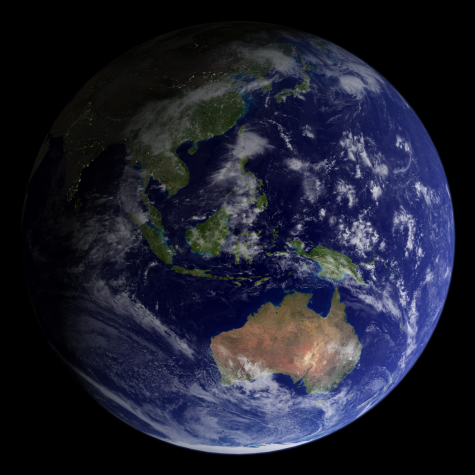 What’s global warming/climate change?
What’s global warming/climate change?
According to Lexico, global warming is “a gradual increase in the overall temperature of the earth’s atmosphere generally attributed to the greenhouse effect caused by increased levels of carbon dioxide, chlorofluorocarbons, and other pollutants.”
Similarly, climate change is the pattern of weather conditions over a long time for a large area.
The two terms are often used interchangeably since the pattern of climate change is what leads to the inference of global warming.
What is going on with the Earth?
 Earth’s climate has cycled through change, caused by how much of the sun’s energy was consumed by the atmosphere. According to NASA, over the past 650,000 years, the Earth has gone through seven ice ages and then warming periods. Also according to NASA, the surface temperature of the Earth has gone up 1.62 degrees since the late 19th century. Since this aligns with the beginning of the industrial age, most scientists attribute this to the increase in carbon dioxide, greenhouse gasses, and other harmful gasses.
Earth’s climate has cycled through change, caused by how much of the sun’s energy was consumed by the atmosphere. According to NASA, over the past 650,000 years, the Earth has gone through seven ice ages and then warming periods. Also according to NASA, the surface temperature of the Earth has gone up 1.62 degrees since the late 19th century. Since this aligns with the beginning of the industrial age, most scientists attribute this to the increase in carbon dioxide, greenhouse gasses, and other harmful gasses.
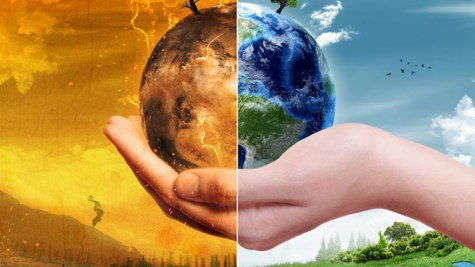
What are the impacts of climate change?
Glaciers have shrunk, floating ice has melted, and seasonal changes are happening faster. As stated by NASA, “Scientists have high confidence that global temperatures will continue to rise for decades to come, largely due to greenhouse gases produced by human activities.”
Additionally, the Intergovernmental Panel on Climate Change (IPCC), which includes more than 1,300 scientists from the United States and other countries, forecasts a temperature rise of “2.5 to 10 degrees Fahrenheit over the next century.”
As the UN’s report outlines, the most significant threat should this happen would be a rising of the ocean levels that would result in flooding of coastlines.
According to USA Today, “with the ice in Greenland and Antarctica melting at record rates, scientists currently estimate sea levels could rise 2 to 7 feet by the end of the century, with some estimates even higher.”
While 2 to 7 feet might not seem significant, the Union of Concerned Scientists (UCS) claims in the U.S. alone, that would impact “more than 300,000 homes worth a combined $117.5 billion” within the next 30 years.
What can we do to slow it down? Or is it too late?
 Some degree of climate change is inevitable. It has already been set into motion. However, these impacts could be slowed by a sudden and substantial decrease in pollution, greenhouse gasses, and excess carbon dioxide.
Some degree of climate change is inevitable. It has already been set into motion. However, these impacts could be slowed by a sudden and substantial decrease in pollution, greenhouse gasses, and excess carbon dioxide.
According to NASA, “Responding to climate change will involve a two-tier approach: 1) “mitigation” – reducing the flow of greenhouse gases into the atmosphere; and 2) “adaptation” – learning to live with, and adapt to, the climate change that has already been set in motion.
On a personal level, individuals can cut back on waste and emissions by limiting single-use packaging, avoiding plastics, recycling, carpooling or using public transit, and limiting energy use. But to truly impact climate change, international and national policy change and energy reform will also be needed.
In conclusion, climate change happens. The Earth has always undergone phases of warming, yet the scientific community is in agreement that humans are making that natural process faster and more extreme with our use of machines and buildings that emit harmful gasses. With widespread awareness, personable accountability, and some policy changes, it may not be too late to undo some of the damage predicted in the UN’s report.


